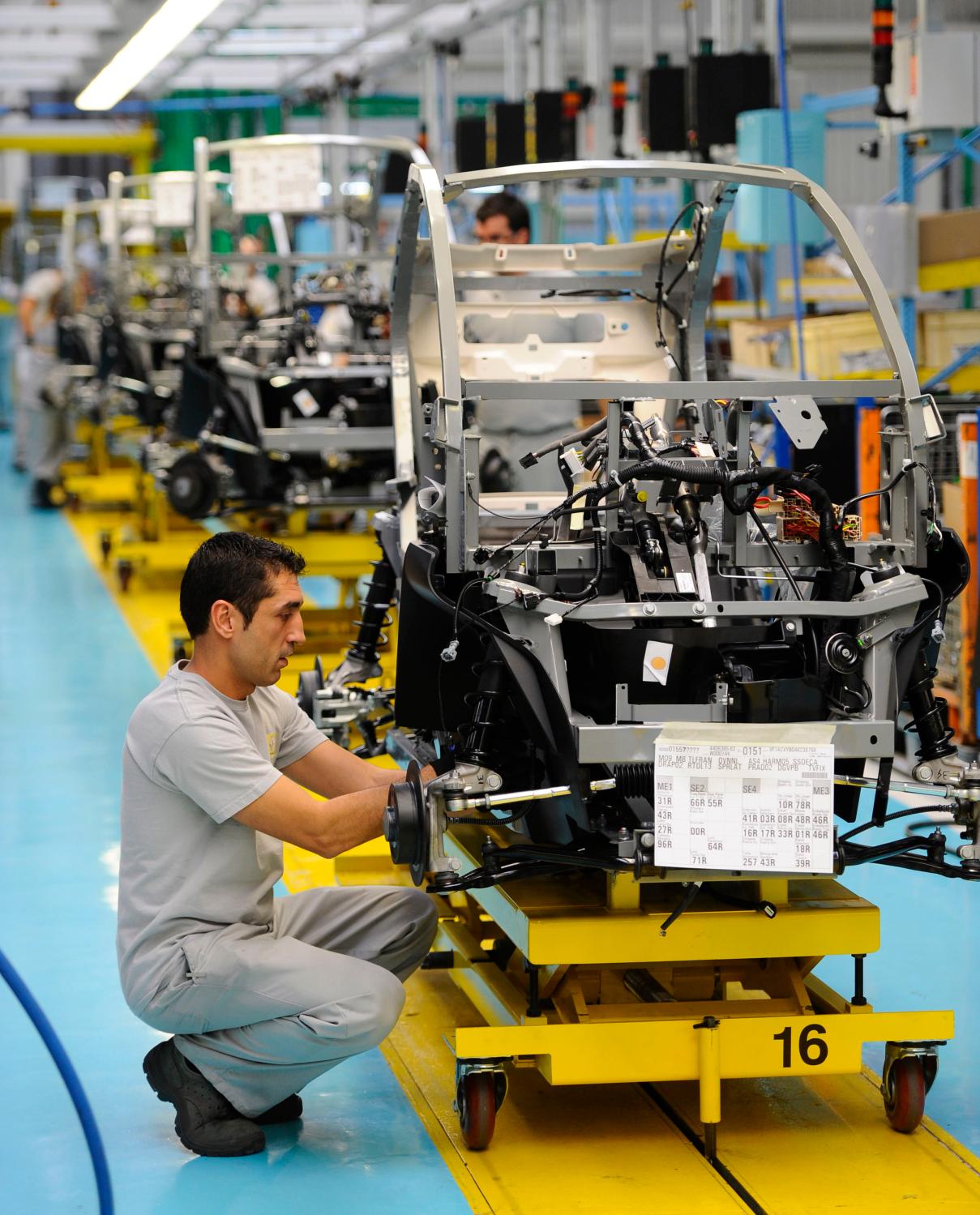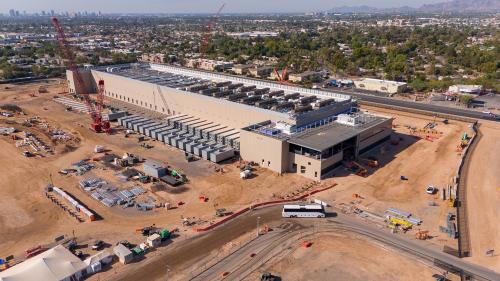It’s old news that an explosion of Internet-based tools and services—think GitHub and Amazon Web Services—has made it easier and cheaper for entrepreneurs to transform their cool ideas into finished software products.
One result: The urban start-up ferment now energizing city innovation zones from Nashville, Tenn. to Boulder, Colo. has tilted heavily toward software. Actually making things—and manufacturing them—has remained a more avant garde pursuit for the Maker Movement.
Yet now that’s changing, with potentially big implications for cities. Thanks to the rise of an array of new tools, facilities, and services on the hardware side, a new “hardware renaissance” has begun to spread from Silicon Valley out across the U.S.
This renaissance builds on the spread of hobbyist “maker spaces” and rapid prototyping studios equipped with 3D printers enabled by design software. And it has the feel of an insurgency. But in the last year a number of developments have put manufacturing startup activity on a faster, more commercial, and big-time track.
Entrepreneur Mark Hatch has opened eight TechShop maker spaces in U.S. tech metros, such as the San Francisco Bay Area; Austin, Texas; Pittsburgh; and Washington. These urban centers function as open-access, community-based workshops and prototyping studios.
3D printing and the crashing prices of microchips, sensors, and other components now make it thinkable for a small company to design sophisticated devices at reasonable cost, while Kickstarter and other crowd-funding sources enable initial finance.
And now, a variety of specialized incubators and contract manufacturers available through the cloud of remote computing and other resources is making it easier for hardware dreamers and startups to obtain advice, support, and access to support services, including outsourced manufacturing. As related recently by the Wall Street Journal’s Chris Mims, companies like PCH International and Dragon Innovation are now available to manage contract manufacturing and otherwise “make manufacturing feel easy” to entrepreneurs or small companies. Likewise, Andy Rubin, the creator of the Android mobile operating system, announced in April that his new company Playground Global LLC will serve as a sort of incubator “studio” where entrepreneurs and small firms can focus on building new gadgets while Playground takes care of physical-world challenges: engineering, manufacturing, scale-up financing, supply-chain management, and distribution.
The upshot: A suite of tools and supports like the ones that have fostered the software boom are now becoming available for hardware manufacturing.
Which opens up possibilities. For his part, Mims imagines an age in which “new products—actual, physical products—will go from idea to store shelves in a matter of months.” Such an era could be beneficial for the U.S., given the nation’s advantages in creativity and cloud-based business organization, even if much of the resulting new production could occur offshore. Surely a surge of startup ferment would be energizing for America’s manufacturing sector.
But beyond that, such a surge could be transformative for cities. Currently, urban startup communities remain heavily virtual—all about software ideas and consumer-Internet ventures. That leaves urban economies narrower than they might be, and it likely forecloses on opportunities, since innovation is entwined with manufacturing. By contrast, the emergence of new cloud-enabled, incubator-supported manufacturing startups could widen the aperture. New synergies and new opportunities will be possible if physical-world inventors and entrepreneurs gain traction alongside virtual ones. Likewise, manufacturing enterprises could flourish without needing large exurban spaces. Ultimately, cities and their innovation districts will benefit if they can channel more of the hardware-oriented tinkering and entrepreneurship that launched Silicon Valley in the first place.
In short, the new tools and supports for hardware startups could be really important for cities. If hardware startups become more like software ones, and the U.S. can keep more of its high-value manufacturing onshore, U.S. cities and metropolitan areas will be able to bolster technology development and ground it here, to the benefit of U.S. metros.
The Brookings Institution is committed to quality, independence, and impact.
We are supported by a diverse array of funders. In line with our values and policies, each Brookings publication represents the sole views of its author(s).



Commentary
Manufacturing startups head for the cloud—and your city
May 19, 2015